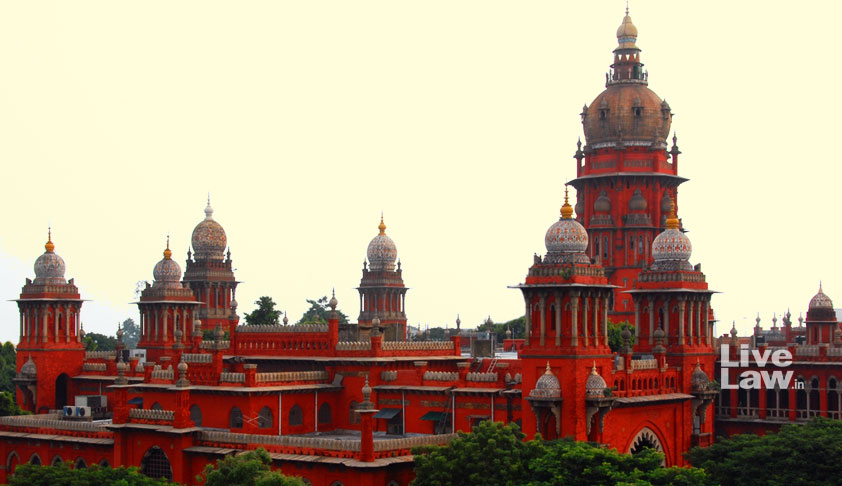Madras HC Split Verdict On Disqualification Of AIADMK MLAs: Here Are The Reasons Given By The Two Judges
Apoorva Mandhani
14 Jun 2018 9:34 PM IST

Next Story
14 Jun 2018 9:34 PM IST
A Division Bench of the Madras High Court on Thursday delivered a split verdict on the petitions challenging the disqualification of 18 dissident AIADMK MLAs owing allegiance to AMMK leader TTV Dhinakaran.While Chief Justice Indira Banerjee upheld the Speaker's decision, Justice M. Sundar disagreed. The matter will now be heard by a third Judge nominated by Justice Huluvadi G. Ramesh. Till...
